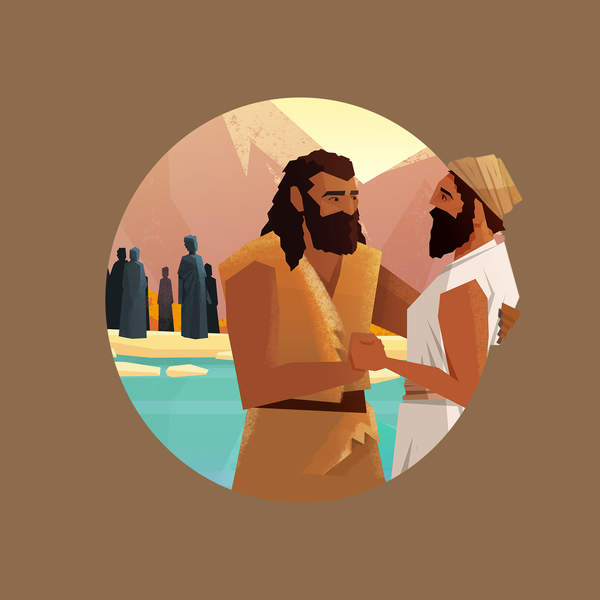
Jesus, Rebels, and Resurrection
We discuss Luke 9-24. What did Jesus do and talk about when he was alive? Why did his message get him in trouble? Was Jesus a rebel? How does Luke want us to see Jesus?
Episode Chapters
Show Notes
In the fourth part of their discussion on the Gospel of Luke, Tim and Jon talk about the strange story in Luke 9 of the transformation of Jesus on the mountain. In this travel section, we find many parables of Jesus and descriptions of the banquets and parties he attended. Jesus is fascinated with parties, and he even used them to talk about what the Kingdom of God is like. These stories continue to reinforce that Jesus’ mission was first for the outsiders, a message that gets him into trouble with religious leaders of the day.
Tim and Jon continue to discuss many more parts of Luke’s account.
The final meal Jesus had with his disciples, followed by his arrest and execution.
Two disciples who unexpectedly run into Jesus but don’t recognize him until he reveals himself to them.
The transformation of Jesus on the mountain calls back to Mount Sinai as he becomes like the ancient of days enthroned in heaven, gleaming like shiny metal and fire.
A series of parables about two things: money and dinner parties. Luke is clearly trying to make a point with what he chooses to include in his account.
The contrast between Jesus’ arrival to Jerusalem and his eventual execution as a rebel.
Jesus using the Passover meal with his disciples to talk about his death. In Luke’s version of the last supper, the innocence of Jesus is emphasized.
And lastly, what Luke is trying to teach his readers by including the encounter on the road to Emmaus.
Video:
This episode is designed to accompany our video series on the Gospel of Luke. You can view the first two videos on our YouTube channel here: https://www.youtube.com/watch?v=_OLezoUvOEQ https://www.youtube.com/watch?v=0k4GbvZUPuo
Scripture References:
Luke 9-24,
Daniel 7
Scripture References
Referenced Resources
- The Shadow of the Galilean: The Quest of the Historical Jesus in Narrative Form* by Gerd Theissen.
Interested in learning more? Check out Tim's extensive collection of recommended books here.
Get the BibleProject app for access to our entire library of resources in one place.
